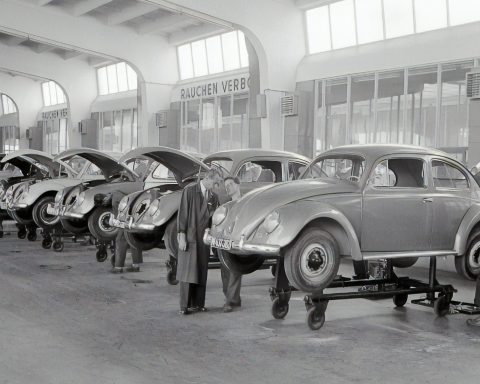
So, why am I more exhausted from a full day in practice when I have only seen four patients face-to-face, dealt with 30 or so patients over the phone and conducted a MS Teams practice meeting? The ambience around appears calmer — virtually empty waiting rooms, socially distanced reception area, car parks with spaces, less interruptions and consulting rooms with just a clinician.
So, why the fatigue?
I am now coming to grips with the immense importance of visual cues we use on a daily basis.
The screen with the electronic medical record now is the start to creating that picture but it is harder to know if those words convert into an image you would have got visually and are we making more assumptions we cannot correct as easily? I have for that reason concluded this is in part the cause my brain is more fatigued. I am having to ask those thousand words additionally to get a picture of this individual.
I have realised the picture does not lie in the electronic patient records that we have grown to sit and stare at increasingly during the pandemic. Staring at the screen has robbed me of the minimal exercise I would get calling a patient and a break from the screen I would get when talking to the patient in the room. This break which would have been my active listening time during the consultation is broken with staring at the patient electronic record thus making my job harder.
I recently tried a new venture to address my minimal lack of exercise and ability to actively listen to a patient’s story. I would prepare before calling the patient as usual by looking at the patients records but have taken to doing the telephone consultation standing up slightly away from the screen and what a difference I have noticed. My shoulders are not up to my ears at the end of the day and I feel I have been more attentive in the consultation and hence the picture I am creating seems to be easier to obtain. A few weeks of trying this has certainly made a difference to my fatigue — be it posture, active listening or thinking about how to improve things for myself and hence the patient has helped.
Give it a go and see what you think.
Featured Photo by Jessica Ruscello on Unsplash








